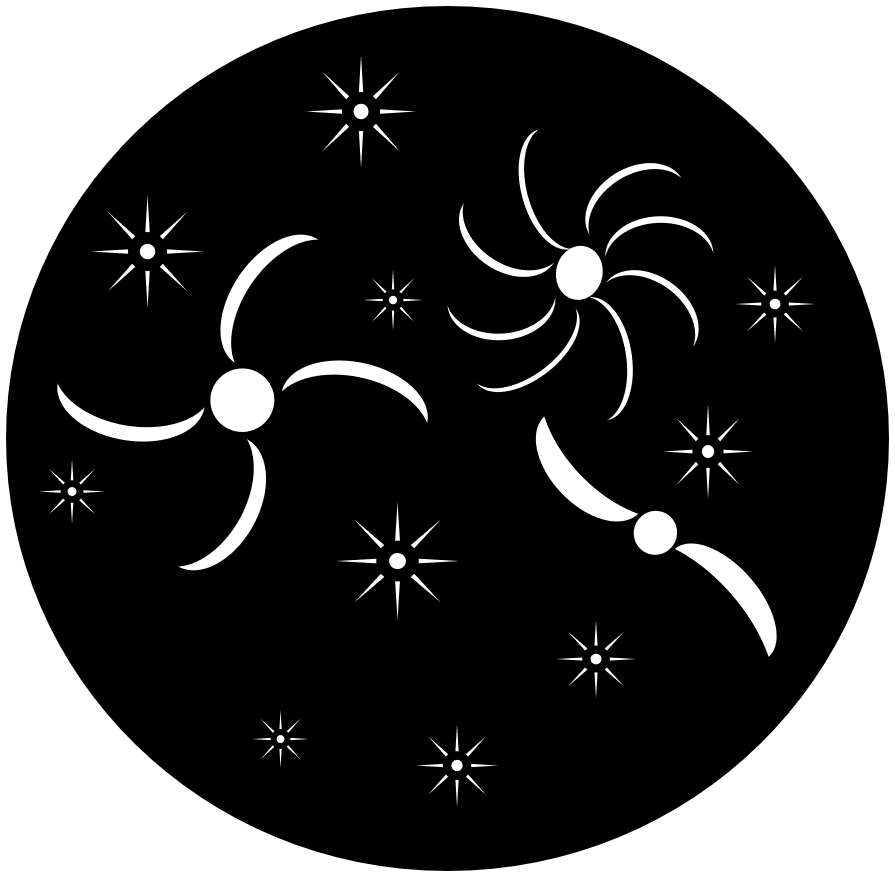
My wife pointed out several times while I was reading this book that ‘The King of Elfland’s Daughter’ is rather a clunky title. Why not simply name the book after her, if she is such an important character, or maybe name it ‘Elfland’s Princess’ or something similar? After reading it, I think you’ll understand why a more direct title is unsuitable for this fairy tale: the titular king of Elfland’s daughter is not so much the protagonist of the story as the catalyst.
Unquestionably, this is a fairy tale, and for all its relative simplicity, a worthy piece of early fantasy by Lord Dunsany. Somewhat similar in tone and style to Phantastes, The King of Elfland’s Daughter is very different in substance, with not nearly the psychedelic tendencies of the former, and significantly more plot. That plot is, at first glance, quite straightforward, and in that very forthrightness manages to be surprising with new twists and turns.
Prompted by a parliamentary body that thinks the way to put the nation of Erl on the map is to bring in magic from Elfland, the king of Erl dispatches his son to seek and wed the princess of Elfland. I fully expected this to be the main plot, especially given the title of the book, but instead the entire adventure is condensed into just a couple of chapters, leaving plenty of time for the real protagonist of the story, the half-elven son of the Elfland princess, to grow up and spend most of his time hunting everything from rabbits to unicorns.
As I’ve been writing Blood Magic, one of my challenges has been to describe what it is that a leader like Prime Kiluron does all day. I like to think I’ve done a respectable job of convincing you that he’s pretty busy keeping the Merolate Union together. The king of Elfland, on the other hand, apparently has nothing at all to do in order to keep Erl functioning properly, and instead spends all of his time hunting. All of his time – I don’t think, after he’s old enough to hunt, that he is ever depicted in the entire book as doing anything else. One wonders how true that would be to the real-world noble position upon which his character is based.
Light, enjoyable, and straightforward, this book was an exemplary entry into early fantasy, with a surprising amount of depth packed into its brief, uncomplicated pages. I call it fantasy, but I should really call it a fairy tale, as it has all the hallmarks, from witches, to magic swords, to princes and princesses, a magic land, and a moral regarding humanity’s penchant for self-induced folly. Maybe that’s why I found it less unique and intriguing than Phantastes.
This book probably isn’t for everyone. Compared to modern writing, the characters are quite static, there are few plot twists, and there is a lot of telling and not very much showing. I read it more as part of my continuing interest in the origins of modern speculative fiction, and found it somewhat slow, for all I enjoyed its storytelling. If I hadn’t read several works from a similar time period recently, I might have found the style more refreshing. All of that said, I’m glad that I read it, the ending managed to catch me somewhat by surprise, for all it was abrupt, and I think most of you who enjoy stories like The Chronicles of Narnia or Phantastes will enjoy The King of Elfland’s Daughter.

3 thoughts on “The King of Elfland’s Daughter Review”